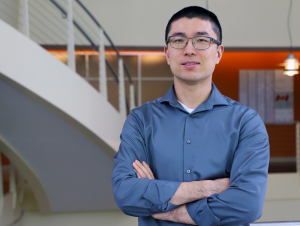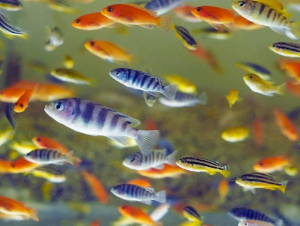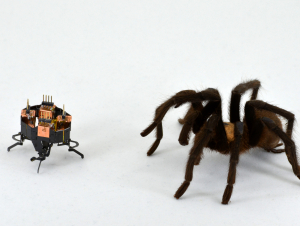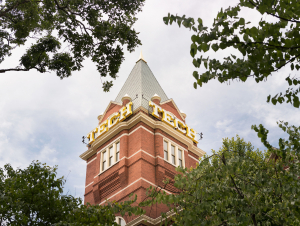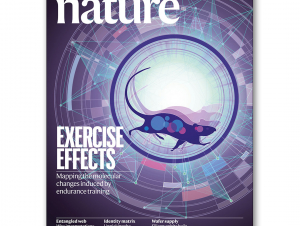To request a media interview, please reach out to experts using the faculty directories for each of our six schools, or contact Jess Hunt-Ralston, College of Sciences communications director. A list of faculty experts is also available to journalists upon request.
News Center
Experts In The News
In a recent paper in the Proceedings of the National Academy of Sciences, School of Biological Sciences Associate Professor William Ratcliff and Emma Bingham, student in the Interdisciplinary Graduate Program in Quantitative Biosciences, put forward a brand new idea, which they tested in a computational model. Bingham and Ratcliff suggest that the way prokaryotic and eukaryotic genomes respond to population size may make or break their chances of evolving multicellularity. It’s a fascinating hypothesis, and if further work bears it out, it could fundamentally change how scientists conceive of this transition and challenge a key assumption they make about evolutionary forces.
Quanta Magazine May 2, 2024Despite being chock-full of hardcore science, 3 Body Problem, a television series released on 21 March by the streaming service Netflix, has been a hit with audiences. The story follows five young scientists who studied together at the University of Oxford, UK, as they grapple with mysterious deaths, particle-physics gone awry, and aliens called the San-Ti who have their sights set on Earth. But how much of the science in the sci-fi epic reflects reality, and how much is wishful thinking? To find out, Nature spoke to three real-world scientists, including School of Chemistry & Biochemistry professor Younan Xia.
Scientific American May 2, 2024Regular exercise promotes whole-body health and prevents disease, but the underlying molecular mechanisms are incompletely understood. Here, the Molecular Transducers of Physical Activity Consortium – whose researchers include Regents' Professor and Vasser-Woolley Chair in Bioanalytical Chemistry Facundo Fernández – profiled the temporal transcriptome, proteome, metabolome, lipidome, phosphoproteome, acetylproteome, ubiquitylproteome, epigenome and immunome in whole blood, plasma and 18 solid tissues in male and female Rattus norvegicusover eight weeks of endurance exercise training. The data and analyses presented in the study serve as valuable resources for understanding and exploring the multi-tissue molecular effects of endurance training.
Nature May 1, 2024
